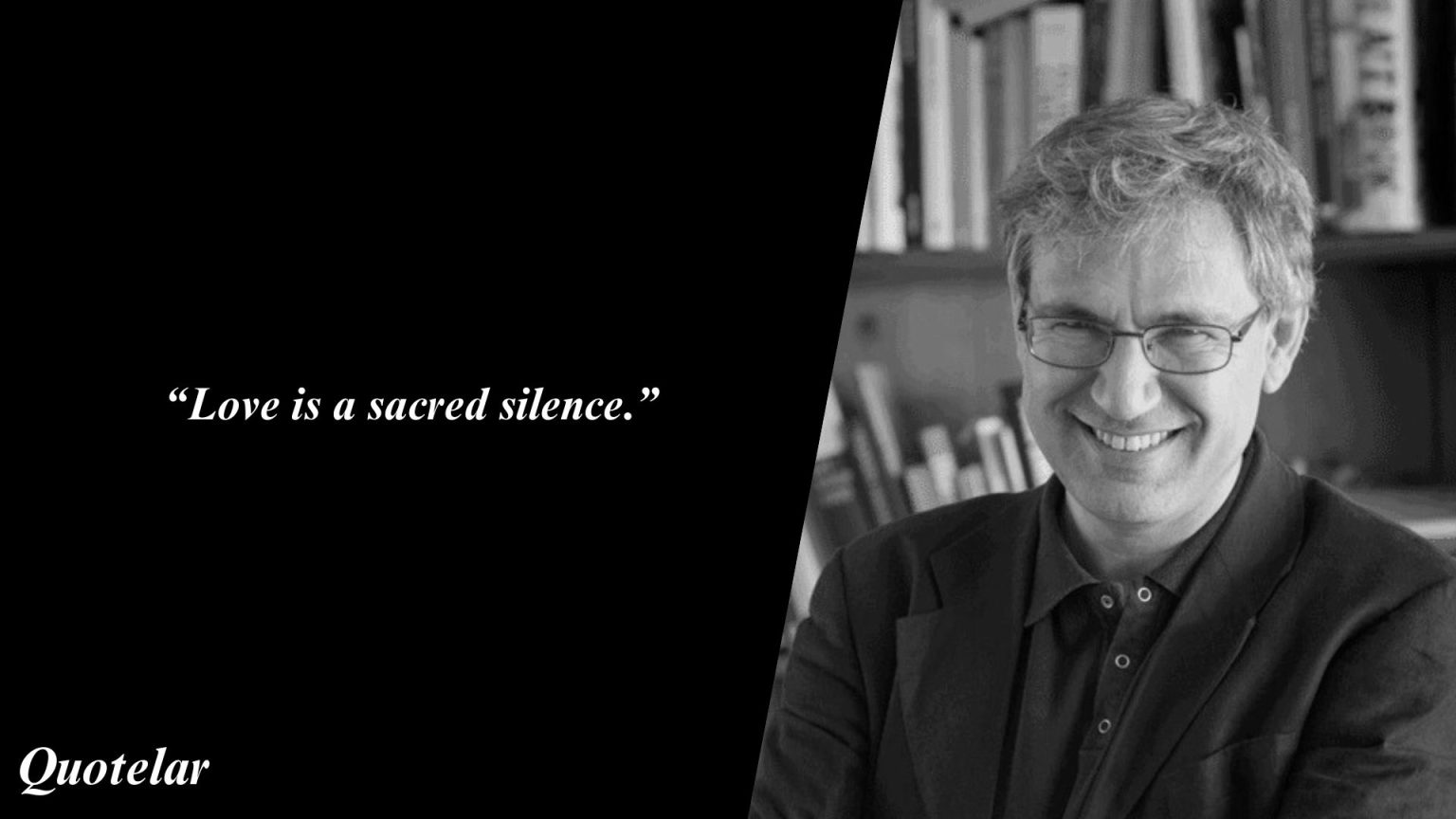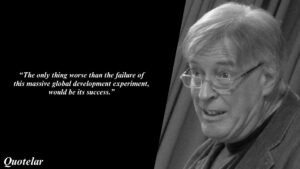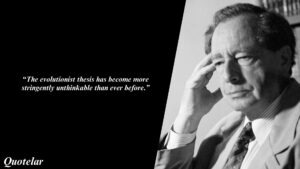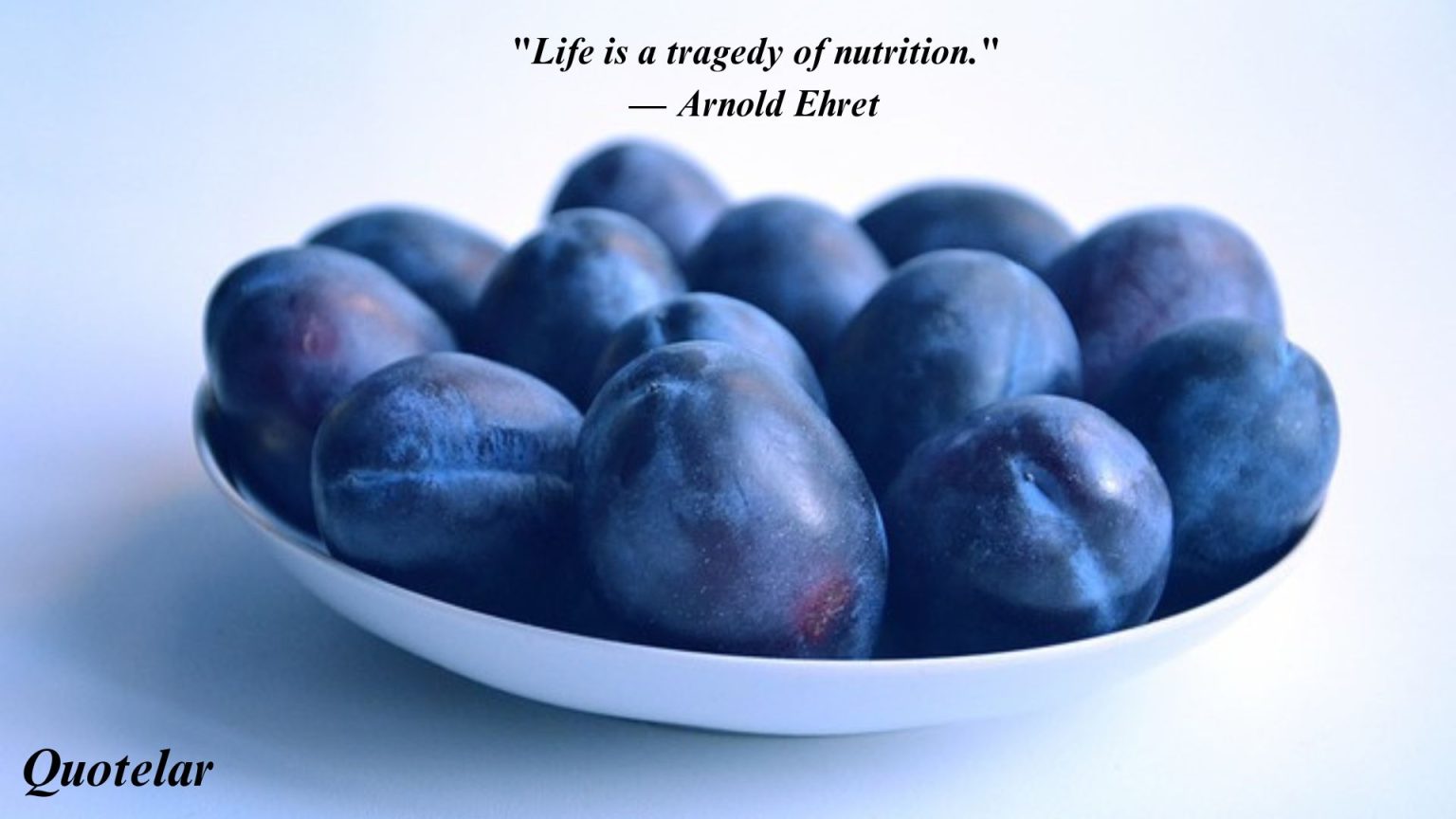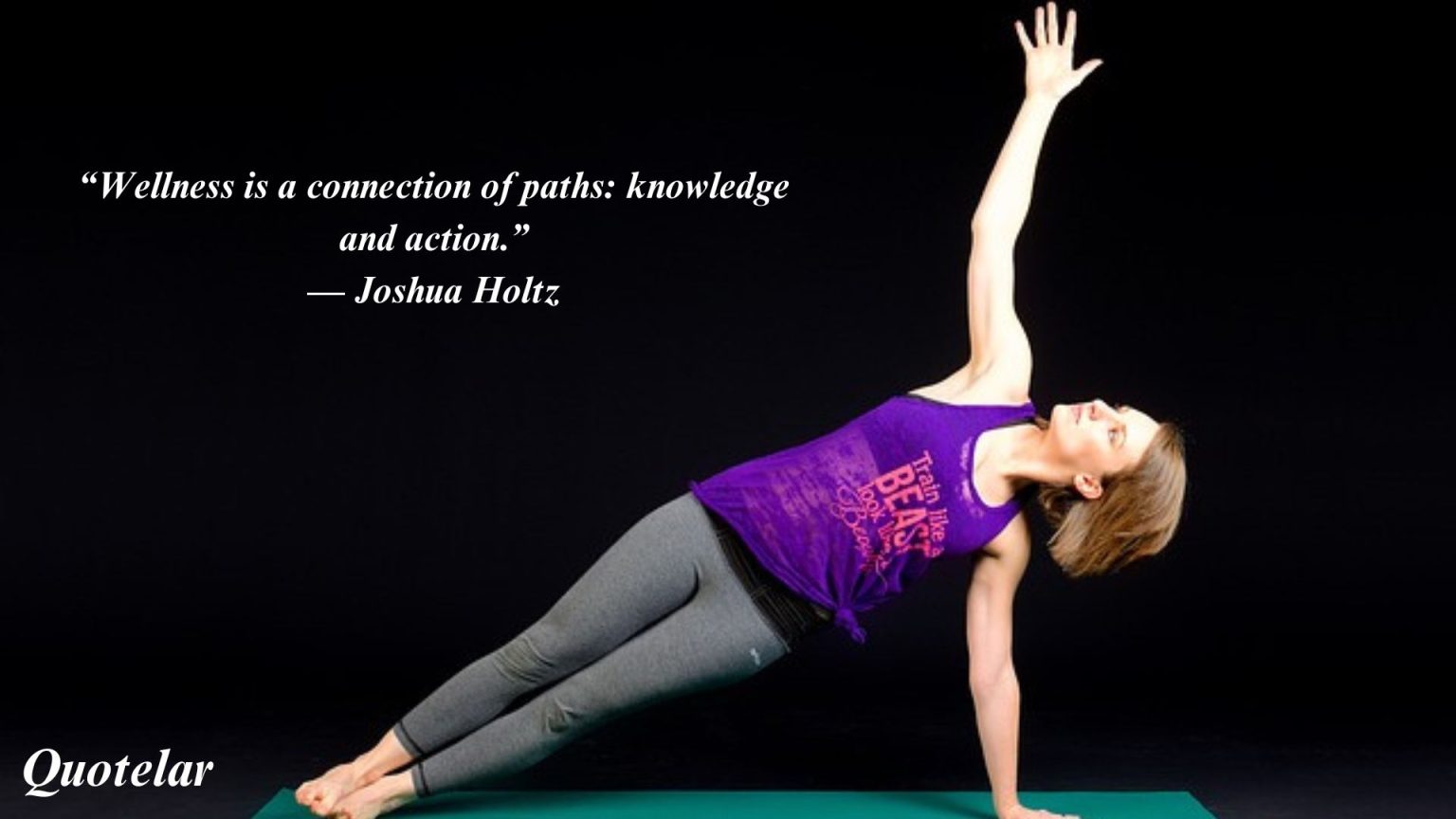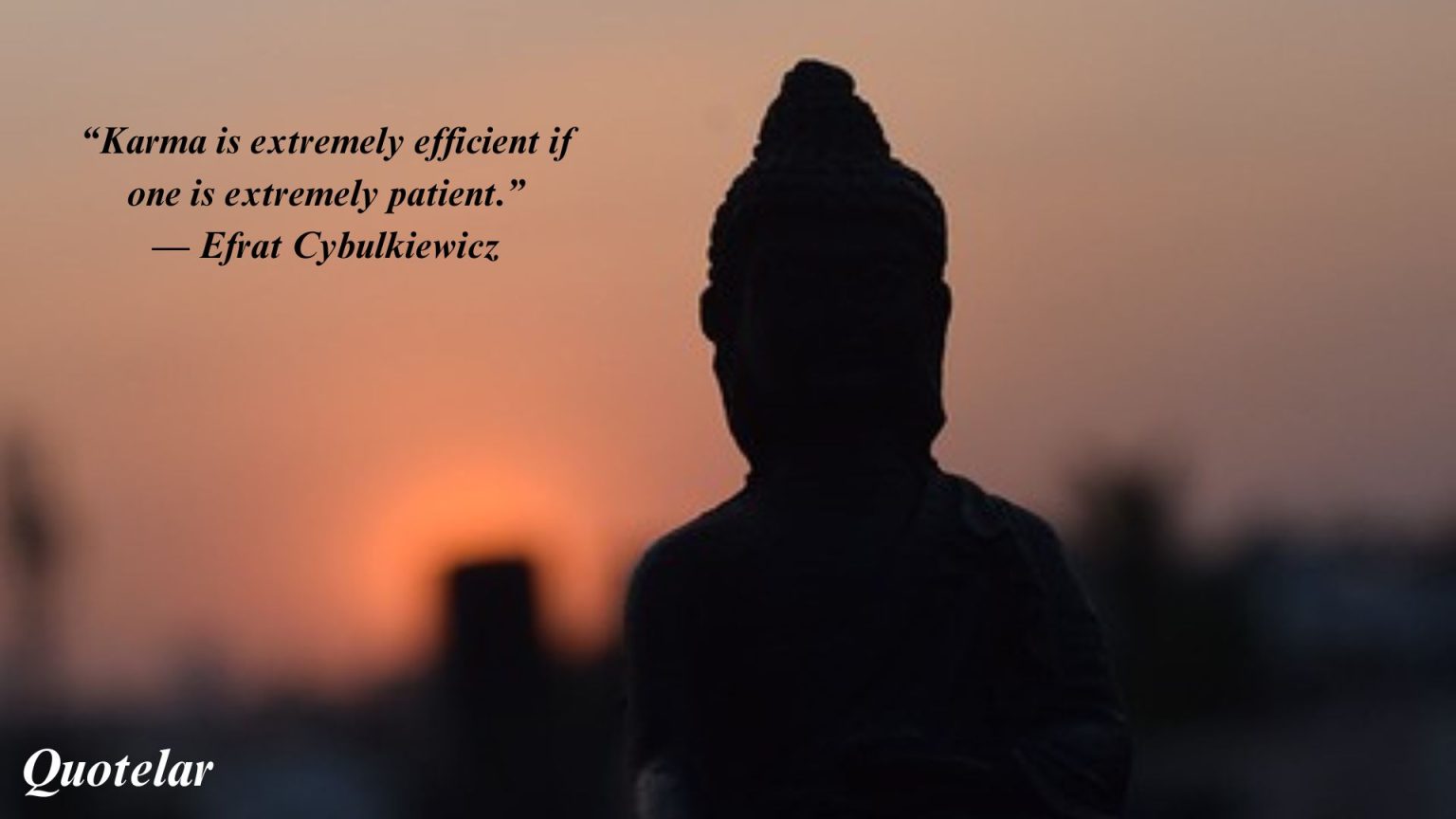Ferit Orhan Pamuk, born on June 7, 1952, is a renowned Turkish novelist, screenwriter, and academic, honored with the 2006 Nobel Prize in Literature. With over 13 million books sold in 63 languages, he stands as Turkey’s best-selling author. Pamuk’s notable works include “Silent House,” “The White Castle,” “The Black Book,” “The New Life,” “My Name Is Red,” and “Snow.” As the Robert Yik-Fong Tam Professor at Columbia University, he teaches writing and comparative literature. Pamuk, of partial Circassian descent, is the first Turkish Nobel laureate, earning recognition for his willingness to address contentious historical issues. Despite facing legal challenges in Turkey, notably over his acknowledgment of the Armenian genocide, he persists in advocating for freedom of speech.
Orhan Pamuk Quotes
1. “Painting is the silence of thought and the music of sight.”
— Orhan Pamuk
2. “I read a book one day and my whole life was changed.”
— Orhan Pamuk
3. “Life is beautiful if you are on the road to somewhere.”
— Orhan Pamuk
4. “Tell me then, does love make one a fool or do only fools fall in love?”
— Orhan Pamuk
5. “Love is a sacred silence.”
— Orhan Pamuk
6. “Real museums are places where Time is transformed into Space.”
— Orhan Pamuk
7. “Happiness is holding someone in your arms and knowing you hold the whole world.”
— Orhan Pamuk
8. “I don’t want to be a tree; I want to be its meaning.”
— Orhan Pamuk
9. “I am a highly disciplined person. I get up at seven every morning and, still in my pajamas, sit down at my desk where my checkered ring binders and my fountain pen are ready for use. I try to write two pages every day.”
— Orhan Pamuk
10. “Life is short, and we should respect every moment of it.”
— Orhan Pamuk
11. “After all, a woman who doesn’t love cats is never going to be make a man happy.”
— Orhan Pamuk
12. “Try to discover who I am from my choice of words and colors, as attentive people like yourselves might examine footprints to catch a thief.”
— Orhan Pamuk
13. “Dogs do speak, but only to those who know how to listen.”
— Orhan Pamuk
14. “The snow reminded me of the beauty and mystery of creation, of the essential joy that is life.”
— Orhan Pamuk
15. “Heaven was the place where you kept alive the dreams of your memories.”
— Orhan Pamuk
16. “Whatever anybody says, the most important thing in life is to be happy.”
— Orhan Pamuk
17. “The writers secret is not inspiration – for it is never clear where it comes from – it is his stubbornness, his patience.”
— Orhan Pamuk
18. “True literature is more than just a story someone has told. It must provide the reader with the essence of the world on a moral, philosophical and emotional level.”
— Orhan Pamuk
19. “If we give what we treasure most to a Being we love with all our hearts, if we can do that without expecting anything in return, then the world becomes a beautiful place.”
— Orhan Pamuk
20. “A writer in someone who spends years patiently trying to discover the second being inside him, and the world that makes him who he is.”
— Orhan Pamuk
21. “The silence of snow, thought the man sitting just behind the bus driver.”
— Orhan Pamuk
22. “The first thing I learned at school was that some people are idiots; the second thing I learned was that some are even worse.”
— Orhan Pamuk
23. “Where there is true art and genuine virtuosity the artist can paint an incomparable masterpiece without leaving even a trace of his identity.”
— Orhan Pamuk
24. “Without patience and the skill of a craftsman, even the greatest talent is wasted.”
— Orhan Pamuk
25. “I need the pain of loneliness to make my imagination work.”
— Orhan Pamuk
26. “How much can we ever know about the love and pain in another heart? How much can we hope to understand those who have suffered deeper anguish, greater deprivation, and more crushing disappointments than we ourselves have known?”
— Orhan Pamuk
27. “My unhappiness protects me from life.”
— Orhan Pamuk
28. “To read a novel is to wonder constantly, even at moments when we lose ourselves most deeply in the book: How much of this is fantasy, and how much is real?”
— Orhan Pamuk
29. “Painting taught literature to describe.”
— Orhan Pamuk
30. “I realized that the longing for art, like the longing for love, is a malady that blinds us, and makes us forget the things we already know, obscuring reality.”
— Orhan Pamuk
31. “The urbanized life has lead to the destruction of the legends.”
— Orhan Pamuk
32. “Heroic dreams are the consolation of the unhappy. After all, when people like us say we’re being heroic, it usually means we’re about to kill each other – or kill ourselves.”
— Orhan Pamuk
33. “I sometimes joke that I am the first writer of historical fiction who can look out his window and point to the objects in his novels. I have a view of the entrance to the Bosporus, the old city, Hagia Sophia, the Blue Mosque.”
— Orhan Pamuk
34. “The gap between compassion and surrender is love’s darkest, deepest region.”
— Orhan Pamuk
35. “Before my birth there was infinite time, and after my death, inexhaustible time. I never thought of it before: I’d been living luminously between two eternities of darkness.”
— Orhan Pamuk
36. “Color is the touch of the eye, Music to the deaf, A word out of darkness.”
— Orhan Pamuk
37. “Writing my own diary is the best form of remembrance, but only for my own use. I need these notes; it’s like an impulse.”
— Orhan Pamuk
38. “Istanbul is a vast place. There are very conservative neighborhoods, there are places that are upper class, Westernised, consuming Western culture.”
— Orhan Pamuk
39. “As much as I live I shall not imitate them or hate myself for being different to them.”
— Orhan Pamuk
40. “She looked out the window; in her eyes was the light that you see only in children arriving at a new place, or in young people still open to new influences, still curious about the world because they have not yet been scarred by life.”
— Orhan Pamuk
41. “Happiness is laughing together…”
— Orhan Pamuk
42. “It’s such a shame that we know so little about our own country, that we can’t find it in our hearts to love our own kind. Instead we admire those who show our country disrespect and betray its people.”
— Orhan Pamuk
43. “East and West are coming together. Whether in peace or anarchy – they are coming together. There needn’t be a clash between East and West, between Islam and Europe.”
— Orhan Pamuk
44. “National consciousness is truly a miraculous thing. When I am not in Turkey I feel even more Turkish than in Istanbul. But when I’m home my European side becomes more apparent.”
— Orhan Pamuk
45. “In poetically well built museums, formed from the heart’s compulsions, we are consoled not by finding in them old objects that we love, but by losing all sense of Time.”
— Orhan Pamuk
46. “People only tell lies when there is something they are terribly frightened of losing.”
— Orhan Pamuk
47. “We live but for a short time, we see but very little, and we know almost nothing; so, at least, let’s do some dreaming. Have yourself a very good Sunday, my dear readers.”
— Orhan Pamuk
48. “Immersing oneself in the problems of a book is a good way to keep from thinking of love.”
— Orhan Pamuk
49. “I am proud to be a Turk, and to write in Turkish about Turkey – and to have been translated into about 40 languages. But I don’t want to politicize things by dramatizing them.”
— Orhan Pamuk
50. “It was the happiest moment of my life, though I didn’t know it. Had I known, had I cherished this gift, would everything have turned out differently?”
— Orhan Pamuk
51. “I was at the end of my tether when my first book was published. For eight years I didn’t make a penny, I worked so hard, didn’t drink, didn’t enjoy life.”
— Orhan Pamuk
52. “We fall in love more deeply when were unhappy.”
— Orhan Pamuk
53. “Mankind’s greatest error, the biggest deception of the past thousand years is this: to confuse poverty with stupidity.”
— Orhan Pamuk
54. “For if a lover’s face survives emblazoned on your heart, the world is still your home.”
— Orhan Pamuk
55. “I consider myself a person who comes from a Muslim culture. In any case, I would not say that I’m an atheist. So I’m a Muslim who associates historical and cultural identification with this religion.”
— Orhan Pamuk
56. “Sometimes I would see them not as mementos of the blissful hours but as the tangible precious debris of the storm raging in my soul.”
— Orhan Pamuk
57. “A writer is someone who spends years patiently trying to discover the second being inside him, and the world that makes him who he is: when I speak of writing, what comes first to my mind is not a novel, a poem, or literary tradition, it is a person who shuts himself up in a room, sits down at a table, and alone, turns inward; amid its shadows, he builds a new world with words.”
— Orhan Pamuk
58. “Maybe you’ve understood by now that for men like myself, that is, melancholy men for whom love, agony, happiness and misery are just excuses for maintaining eternal loneliness, life offers neither great joy nor great sadness.”
— Orhan Pamuk
59. “The thing that binds us together is that we have both lowered our expectations of life.”
— Orhan Pamuk
60. “All great masters, in their work, seek that profound void within color and outside time.”
— Orhan Pamuk
61. “As soon as I observed myself from outside myself, I recognized and understood that I had a long-standing habit of keeping an eye on myself. That’s how I managed to pull myself together, over the years, checking myself from the outside.”
— Orhan Pamuk
62. “Now everyone is prouder and poorer.”
— Orhan Pamuk
63. “As always after drinking too much, I felt like my own ghost trying to take it’s first solo walk outside the body.”
— Orhan Pamuk
64. “I see Turkey’s future as being in Europe, as one of many prosperous, tolerant, democratic countries.”
— Orhan Pamuk
65. “But after my death let it be known that in my old age, at the very end of my life, there was still plenty that made me smile.”
— Orhan Pamuk
66. “Turks have a dismissive phrase: he works like a clerk. I have turned this insult around: I am proud to say that I work like a clerk.”
— Orhan Pamuk
67. “But I think it must be easier for a girl to marry someone she doesn’t know, because the more you get to know men, the harder it is to love them.”
— Orhan Pamuk
68. “If the soulmate is absent there is no need for the soul.”
— Orhan Pamuk
69. “When something explosive is kept hidden away, a tension builds within that must ultimately be released.”
— Orhan Pamuk
70. “It’s very gratifying to me to see my works bringing people closer to my country.”
— Orhan Pamuk
71. “It’s a great relief for me that no one will ask me anymore: “Orhan, when will you get the Nobel Prize?””
— Orhan Pamuk
72. “Are you an angel that approaching you should be so terrifying?”
— Orhan Pamuk
73. “I believe that it isn’t victories but defeats that promote nationalism.”
— Orhan Pamuk
74. “Great changes in the direction of peace have often come from people who were no great advocates of peace to begin with.”
— Orhan Pamuk
75. “More than anything I am a novelist. But for me, an author’s job is not only to create linguistically accomplished works. As an author I also want to stimulate discussion.”
— Orhan Pamuk
76. “Yet does illustrating in a new way signify a new way of seeing?”
— Orhan Pamuk
77. “My decision to view the world through novels, as it were, which is a typically European way of looking at things, became a heavy burden for me. But I took it on consciously, even though it was torture for me.”
— Orhan Pamuk
78. “I need a moment of time for myself every day, like a child playing with his things. When I travel, I routinely find a quiet place, open my diary and write something in it.”
— Orhan Pamuk
79. “To savour Istanbul’s back streets, to appreciate the vines and trees that endow its ruins with accidental grace, you must, first and foremost, be a stranger to them.”
— Orhan Pamuk
80. “To travel along the Bosphorus, be it in a ferry, a motor launch, or a rowboat, is to see the city house by house, neighborhood by neighborhood, and also from afar as a silhouette, an ever-mutating mirage.”
— Orhan Pamuk
81. “Let everyone know, I lived a very happy life.”
— Orhan Pamuk
82. “Snow reminds Ka of God! But I’m not sure it would be accurate. What brings me close to God is the silence of snow.”
— Orhan Pamuk
83. “With the death of my father, it wasn’t just the objects of everyday life that had changed; even the most ordinary street scenes had become irreplaceable mementos of a lost world whose every detail figured in the meaning of the whole.”
— Orhan Pamuk
84. “The sea was as dark as dreams and as deep as sleep.”
— Orhan Pamuk
85. “After all, nothing can be as astounding as life. Except for writing. Yes, of course, except for writing, the sole consolation.”
— Orhan Pamuk
86. “I am nothing but a corpse now, a body at the bottom of a well.”
— Orhan Pamuk
87. “Kenangan-kenangan ini tidak berhubungan satu sama lain, kecuali bahwa semuanya memiliki keterkaitan dengan cinta. Ka tahu betul bahwa kehidupan adalah rangkaian tanpa arti dari berbagai kejadian acak.”
— Orhan Pamuk
88. “Ka thought it strangely depressing that the suicide girls had had to struggle to find a private moment to kill themselves. Even after swallowing their pills, even as they lay quietly dying, they’d had to share their rooms with others.”
— Orhan Pamuk
89. “My religion is complicated. Literature is my true religion. After all, I come from a completely non-religious family.”
— Orhan Pamuk
90. “Books, which we mistake for consolation, only add depth to our sorrow.”
— Orhan Pamuk
91. “Nationalism stems from catastrophes, whether they are caused by earthquakes or lost wars.”
— Orhan Pamuk
92. “In the mornings I used to say goodbye to my wife like someone going to work. I’d leave the house, walk around a few blocks, and come back like a person arriving at the office.”
— Orhan Pamuk
93. “The sight of snow made her think how beautiful and short life is and how, in spite of all their enmities, people have so very much in common; measured against eternity and the greatness of creation, the world in which they lived was narrow. That’s why snow drew people together. It was as if snow cast a veil over hatreds, greed, and wrath and made everyone feel close to one another.”
— Orhan Pamuk
94. “Turkish football serves the cause of nationalism, but not of the nation.”
— Orhan Pamuk
95. “Marriage douses love’s flame, leaving nothing but a barren and melancholy blackness. Of course, after marriage, love itself will vanish anyway; but happiness fills the void. Still, there are those hasty fools who fall in love before marrying and, burning with emotion, exhaust all their feeling, believing love to be the highest goal in life.” “What, then, is the truth of the matter?” “The truth is contentment. Love and marriage are but a means to obtaining it:.”
— Orhan Pamuk
96. “The real question is how much suffering we’ve caused our womenfolk by turning headscarves into symbols – and using women as pawns in a political game.”
— Orhan Pamuk
97. “In a city, you can be alone in a crowd, and in fact what makes the city a city is that it lets you hide the strangeness in your mind inside its teeming multitudes.”
— Orhan Pamuk
98. “Tidak cukup hanya menjadi pihak yang tertindas, kau juga harus menjadi pihak yang benar, karena sebagian besar orang yang tertindas dapat dipandang salah dari nyaris semua sudut pandang.”
— Orhan Pamuk
99. “It is not my intention to explain Turkey, its culture and its problems. My literature has a universal concern: I want to bring people and their emotions closer to my readers, not explain Turkish politics.”
— Orhan Pamuk
100. “What is the thing you want most from me? What can I do to make you love me?? Be yourself,? said Ipek.”
— Orhan Pamuk
101. “What is it to be a color? Color is the touch of the eye, music to the deaf, a word out of the darkness.”
— Orhan Pamuk
102. “Many great authors of the 19th century wrote under conditions of strict censorship. The great thing about the art of writing a novel, is that you can write about anything. All you have to say is that it’s fiction.”
— Orhan Pamuk
103. “My hero wants to belong too, but he doesn’t want to give up all the things he came to value in the west.”
— Orhan Pamuk
104. “The city’s more beautiful at night, you know: the people of the night always tell the truth.”
— Orhan Pamuk
105. “My diary has its own kind of magic. It gives me the feeling of having accomplished something. On days when I don’t have time for this, I feel tortured.”
— Orhan Pamuk
106. “Football can teach us that although a team’s individual players may be weak, it can still be successful if it uses common sense. Or that we should not attack anyone physically when we suffer a depressing defeat.”
— Orhan Pamuk
107. “I am nothing but a corpse now, a body at the bottom of a well. Though I drew my last breath long ago and my heart has stopped beating, no one, apart from that vile murderer, knows what’s happened to me.”
— Orhan Pamuk
108. “We’re not stupid! We’re just poor! And we have a right to insist on this distinction.”
— Orhan Pamuk
109. “In actuality, we don’t look for smiles in pictures of bliss, but rather, for the happiness in life itself. Painters know this, but this is preciously what they cannot depict. That’s why they substitute the joy of seeing for the joy of life.”
— Orhan Pamuk
110. “I think it’s horrible that we Turks are always seen under the aspect of Islam first. I am constantly asked about religion, and almost always with a negative undercurrent that makes me furious.”
— Orhan Pamuk
111. “There’s a lot of pride involved in my refusal to believe in god.”
— Orhan Pamuk
112. “Clocks and calendars do not exist to remind us of the Time we’ve forgotten but to regulate our relations with others and indeed all of society, and this is how we use them.”
— Orhan Pamuk
113. “Sometimes I sensed that the books I read in rapid succession had set up some sort of murmur among themselves, transforming my head into an orchestra pit where different musical instruments sounded out, and I would realize that I could endure this life because of these musicales going on in my head.”
— Orhan Pamuk
114. “I believe strongly in an author’s moral responsibility. But his first obligation is to write good books.”
— Orhan Pamuk
115. “When another writer in another house is not free, no writer is free.”
— Orhan Pamuk
116. “To give charm of novelty to things of every day, and to excite a feeling analogous to the supernatural, by awakening the mind’s attention from the lethargy of custom, and directing it to the loveliness and wonders of the world before us.”
— Orhan Pamuk
117. “Hayati ciddiye almayi, gencligimde romanlari ciddiye alarak ogrendim. Edebi romanlar bize hayati ciddiye almayi, her seyin elimizde oldugunu, kisisel kararlarimizin hayatimizi sekillendirdigini gostererek ogretir.”
— Orhan Pamuk
118. “Enjoyment of football is part of the social context, and I have lost my faith in this social context.”
— Orhan Pamuk
119. “Oscar Wilde always makes me smile – with respect and admiration. His short stories prove that it is possible to be both sarcastic, even cynical, but deeply compassionate. Just seeing the cover of one of Wildes books in a bookshop makes me smile.”
— Orhan Pamuk
120. “The truth is contentment. Love and marriage are but a means to obtaining it.”
— Orhan Pamuk
121. “Although everyone knew it as freedom from the laws of Islam, no one was quite sure what else westernization was good for.”
— Orhan Pamuk
122. “Einstein… even failed physics once, but he’d never thought of giving up school to make a living.”
— Orhan Pamuk
123. “Many men believe that no life is determined in advance, that all stories are essentially a chain of coincidences. And yet, even those who believe this come to the conclusion, when they look back, that events they once took for chance were really inevitable.”
— Orhan Pamuk
124. “The entire world was like a palace with countless rooms whose doors opened into one another. We were able to pass from one room to the next only by exercising our memories and imaginations, but most of us, in our laziness, rarely exercised these capacities, and forever remained in the same room.”
— Orhan Pamuk
125. “At times like this what matters is not our words but our demeanor, not the magnitude or elegance of our grief but the degree to which we can express fellowship with those around us. I sometimes think that our love of cigarettes owes nothing to the nicotine, and everything to their ability to fill the meaningless void and offer an easy way of feeling as if we are doing something purposeful.”
— Orhan Pamuk
